Publishing
Recent articles
Null and Noteworthy: Reexamining registered reports
Out of 92 preregistered studies that resulted in published papers, only 15 had fully adhered to their preregistration details, according to a new analysis.
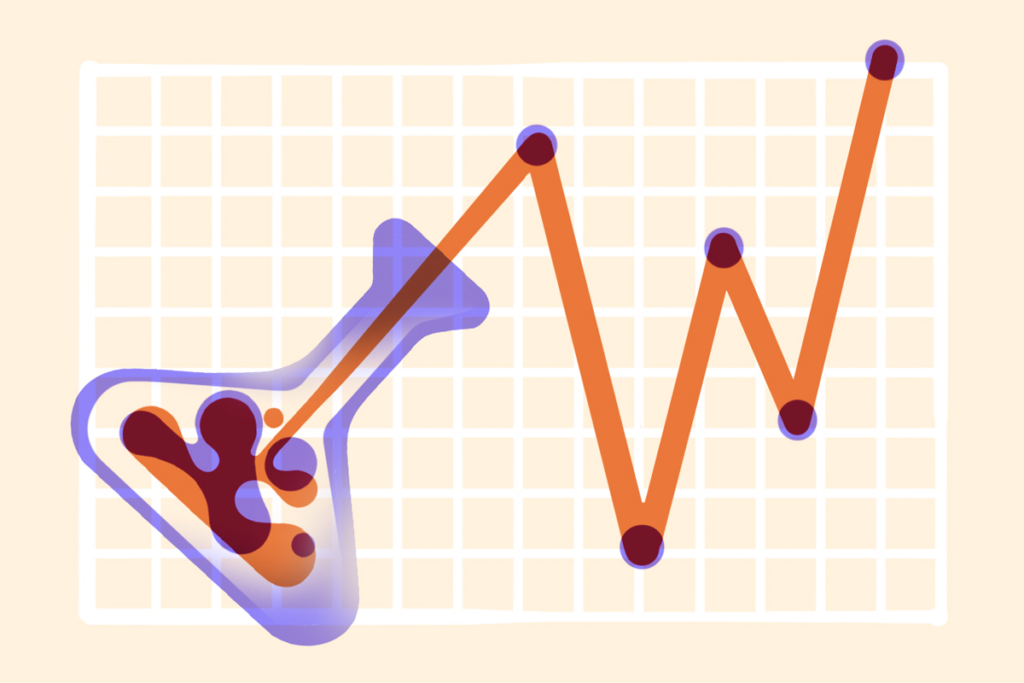
Null and Noteworthy: Reexamining registered reports
Out of 92 preregistered studies that resulted in published papers, only 15 had fully adhered to their preregistration details, according to a new analysis.
‘Spoonful of plastics in your brain’ paper has duplicated images
The duplications likely do not alter the conclusions, but the paper contains other methodological issues, two independent microplastics researchers say.
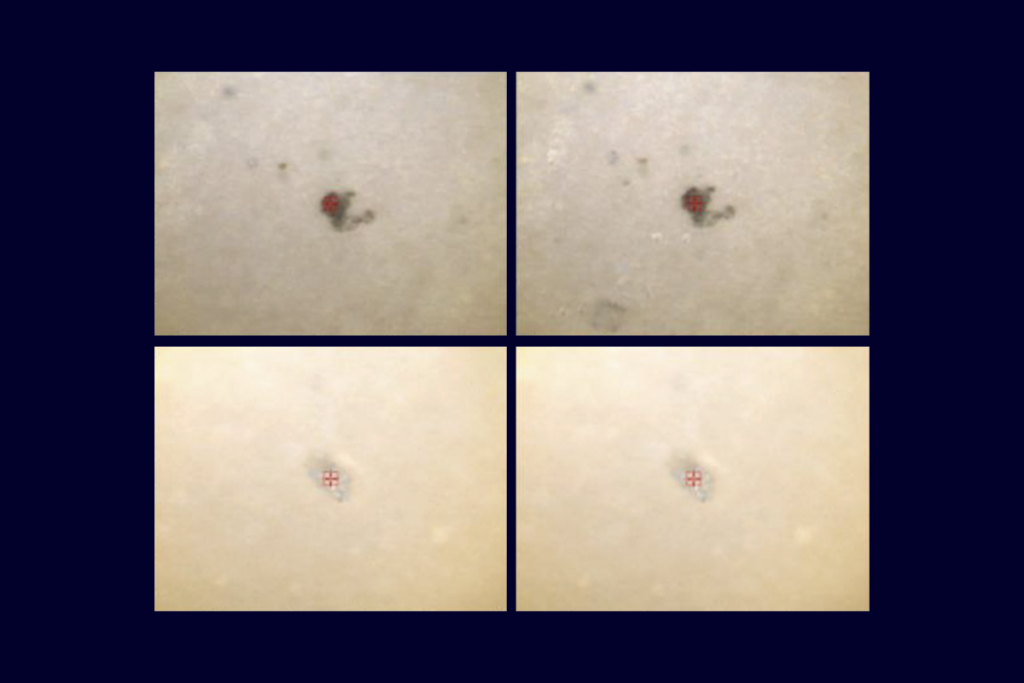
‘Spoonful of plastics in your brain’ paper has duplicated images
The duplications likely do not alter the conclusions, but the paper contains other methodological issues, two independent microplastics researchers say.
The last two-author neuroscience paper?
Author lists on papers have ballooned, and it’s getting hard to discern contribution.
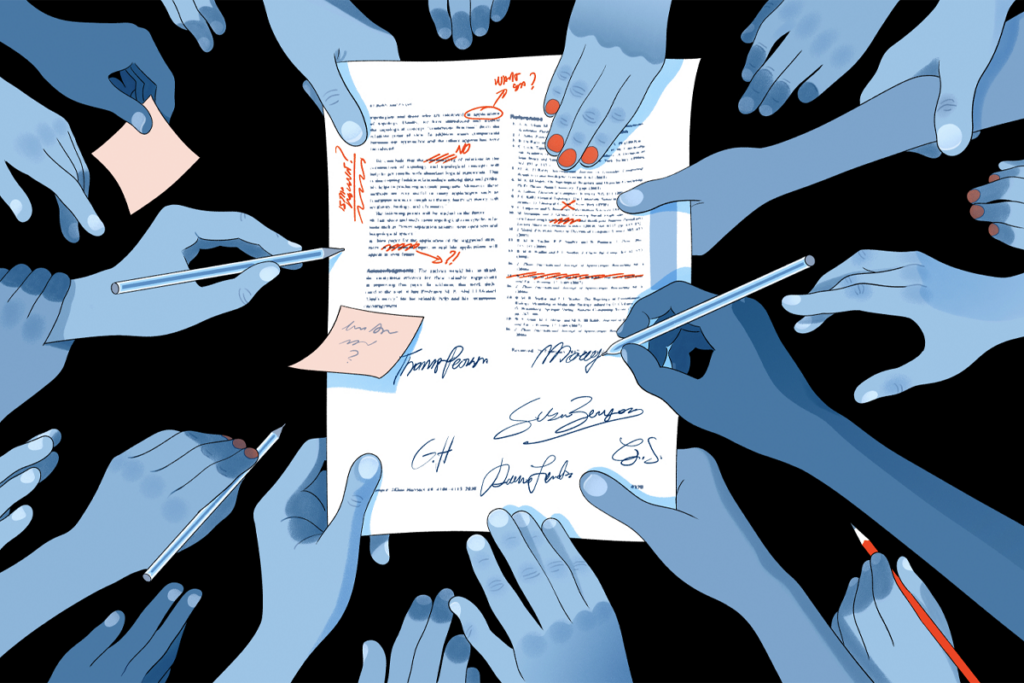
The last two-author neuroscience paper?
Author lists on papers have ballooned, and it’s getting hard to discern contribution.
Science must step away from nationally managed infrastructure
Scientific data and independence are at risk. We need to work with community-driven services and university libraries to create new multi-country organizations that are resilient to political interference.

Science must step away from nationally managed infrastructure
Scientific data and independence are at risk. We need to work with community-driven services and university libraries to create new multi-country organizations that are resilient to political interference.
‘Doctored: Fraud, Arrogance, and Tragedy in the Quest to Cure Alzheimer’s,’ an excerpt
In his new book, published today, investigative journalist Charles Piller tells the story of the scientific misconduct that shook Alzheimer’s disease research to its core, and the neuroscientist who helped to expose it.
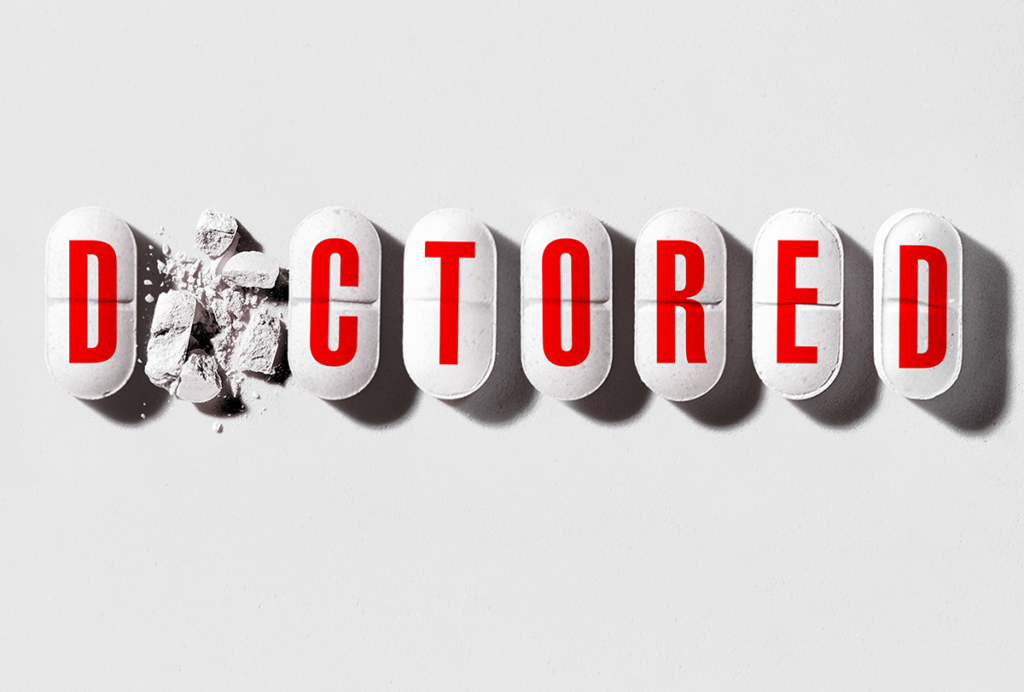
‘Doctored: Fraud, Arrogance, and Tragedy in the Quest to Cure Alzheimer’s,’ an excerpt
In his new book, published today, investigative journalist Charles Piller tells the story of the scientific misconduct that shook Alzheimer’s disease research to its core, and the neuroscientist who helped to expose it.
The Transmitter’s favorite essays and columns of 2024
From sex differences in Alzheimer’s disease to enduring citation bias, experts weighed in on important scientific and practical issues in neuroscience.

The Transmitter’s favorite essays and columns of 2024
From sex differences in Alzheimer’s disease to enduring citation bias, experts weighed in on important scientific and practical issues in neuroscience.
Say what? The Transmitter’s top quotes of 2024
“We’ve cured mouse-heimer’s thousands of times...”—find out who said this to a Transmitter reporter, and read our other favorite quotes from the past year.
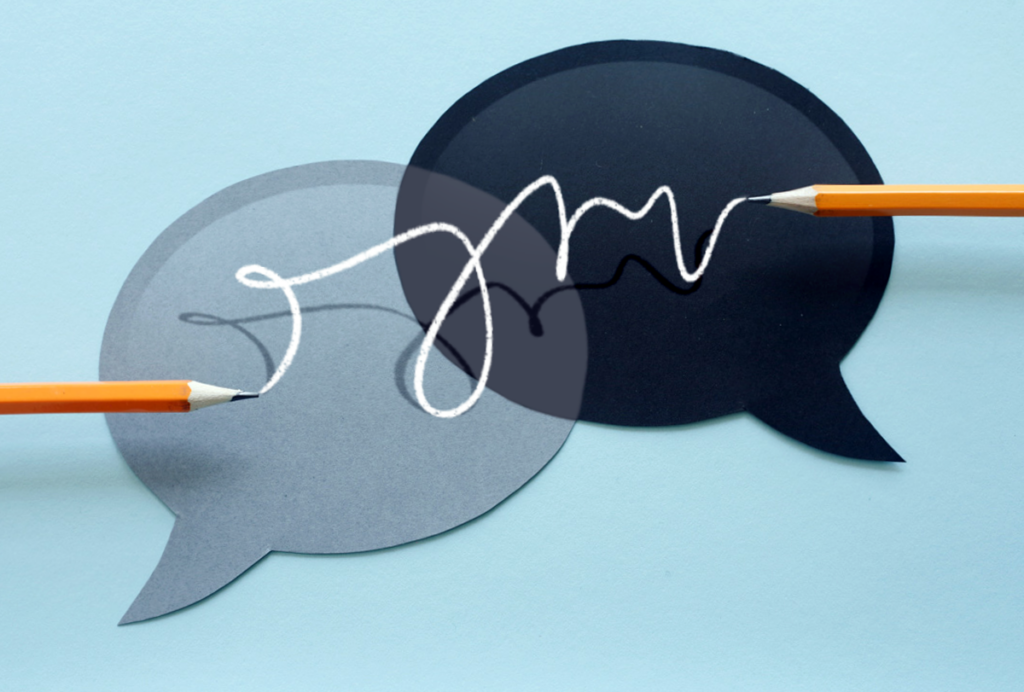
Say what? The Transmitter’s top quotes of 2024
“We’ve cured mouse-heimer’s thousands of times...”—find out who said this to a Transmitter reporter, and read our other favorite quotes from the past year.
Imagining the ultimate systems neuroscience paper
A growing body of papers on systems neuroscience and on giant simulations of neural circuits involves data beyond the point that anyone can reasonably understand end to end. Looking ahead, “paper-bots” could solve that problem.
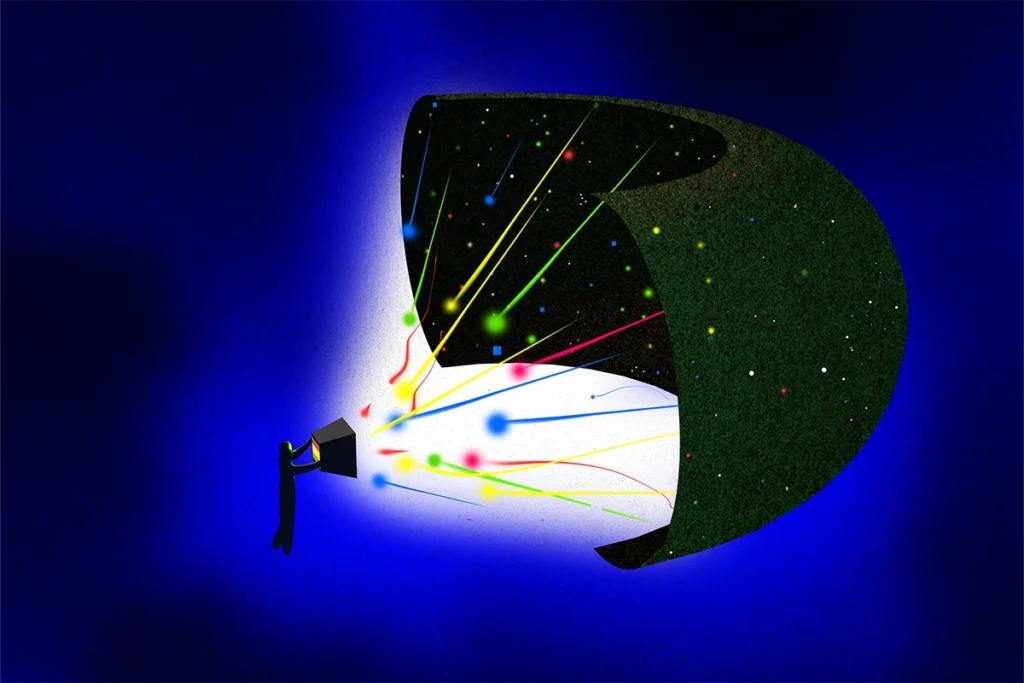
Imagining the ultimate systems neuroscience paper
A growing body of papers on systems neuroscience and on giant simulations of neural circuits involves data beyond the point that anyone can reasonably understand end to end. Looking ahead, “paper-bots” could solve that problem.
The case for redefining ‘theory of mind’: Q&A with François Quesque
In a new commentary, Quesque and 44 experts in neuroscience and psychology propose a standardized lexicon for research on the attribution of mental states.
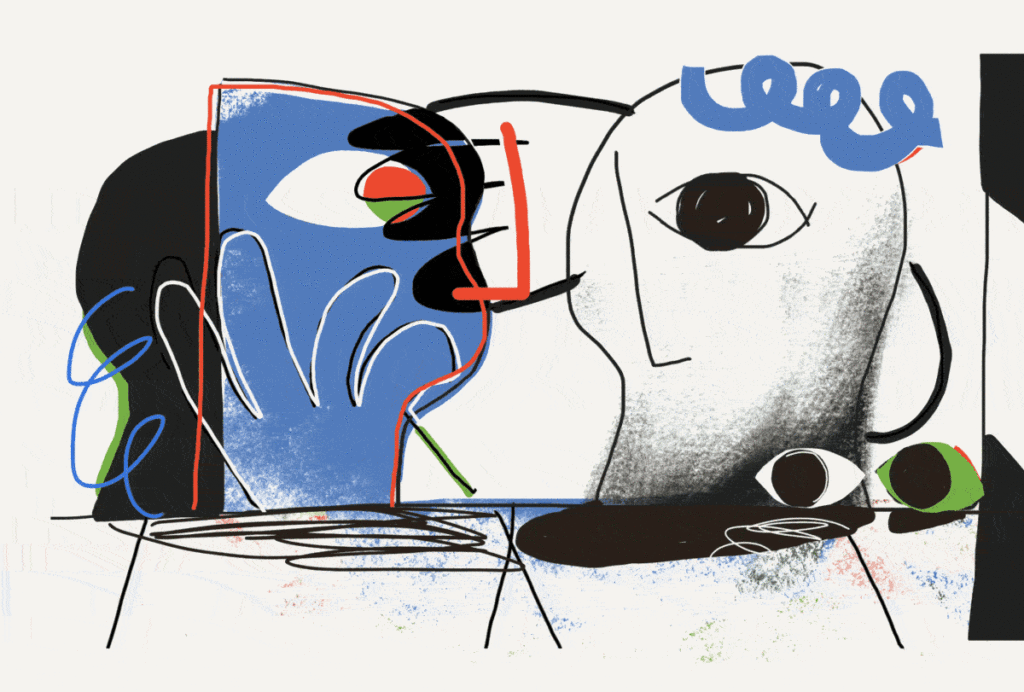
The case for redefining ‘theory of mind’: Q&A with François Quesque
In a new commentary, Quesque and 44 experts in neuroscience and psychology propose a standardized lexicon for research on the attribution of mental states.
Former Columbia University psychiatrist committed research misconduct, says federal watchdog
Bret Rutherford, whose research was halted following a suicide in a clinical trial, falsely reported participant eligibility, according to the U.S. Office of Research Integrity.
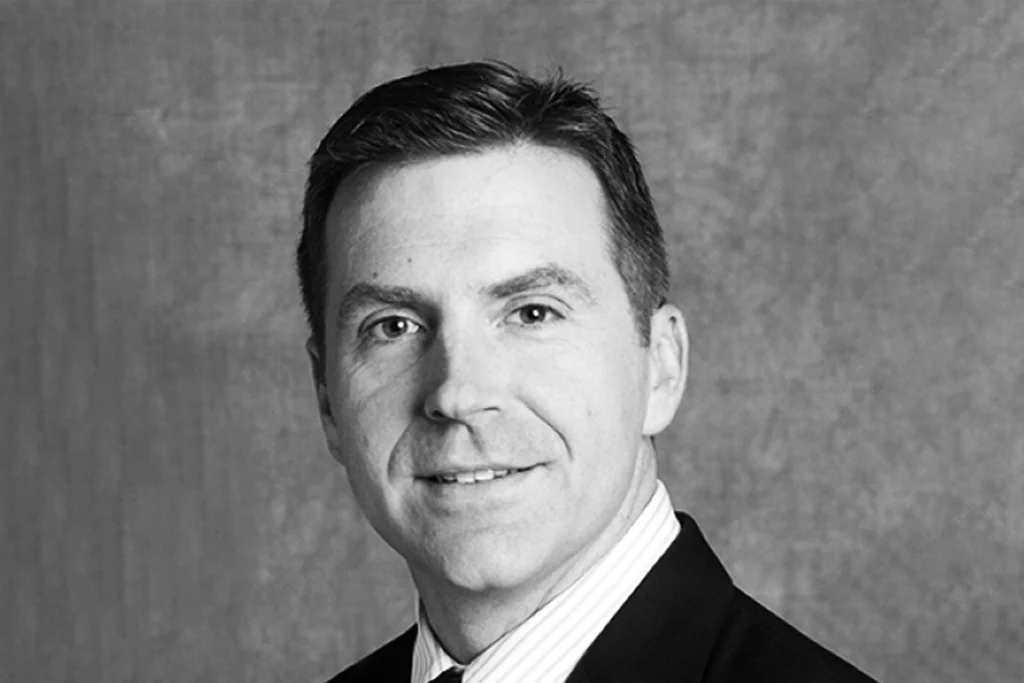
Former Columbia University psychiatrist committed research misconduct, says federal watchdog
Bret Rutherford, whose research was halted following a suicide in a clinical trial, falsely reported participant eligibility, according to the U.S. Office of Research Integrity.
Explore more from The Transmitter
Newly awarded NIH grants for neuroscience lag 77 percent behind previous nine-year average
Since President Donald Trump took office on 20 January, the National Institute of Neurological Disease and Stroke and the National Institute of Mental Health have awarded one quarter as many new grants as during the same two-month period, on average, since 2016.
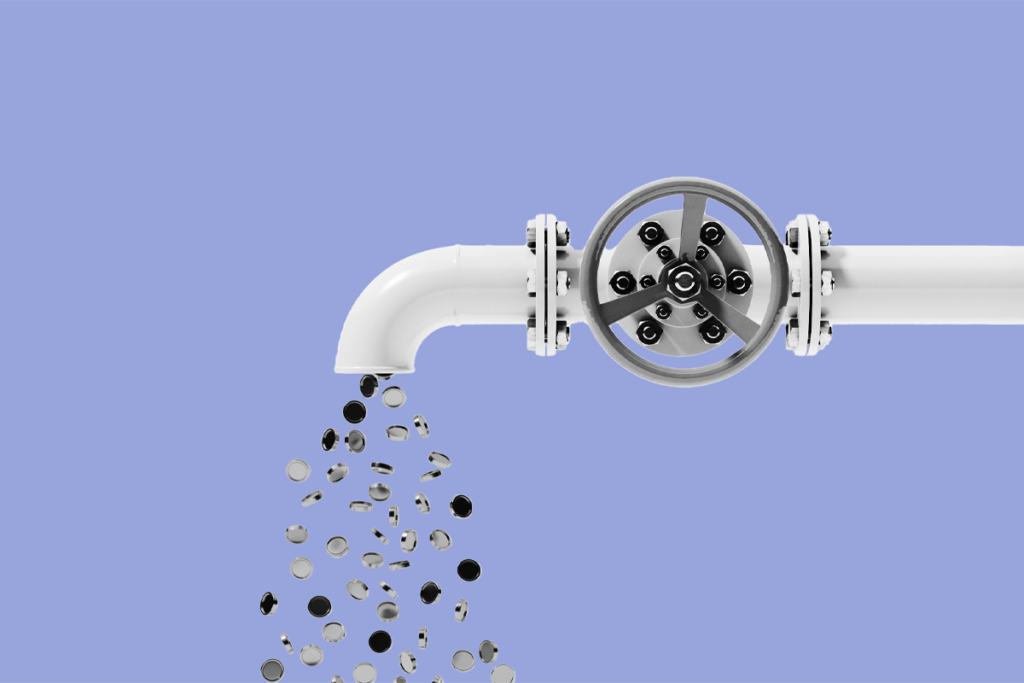
Newly awarded NIH grants for neuroscience lag 77 percent behind previous nine-year average
Since President Donald Trump took office on 20 January, the National Institute of Neurological Disease and Stroke and the National Institute of Mental Health have awarded one quarter as many new grants as during the same two-month period, on average, since 2016.
Releasing the Hydra with Rafael Yuste
Losing HHMI Investigator status caused Yuste to study neural networks in a new way.
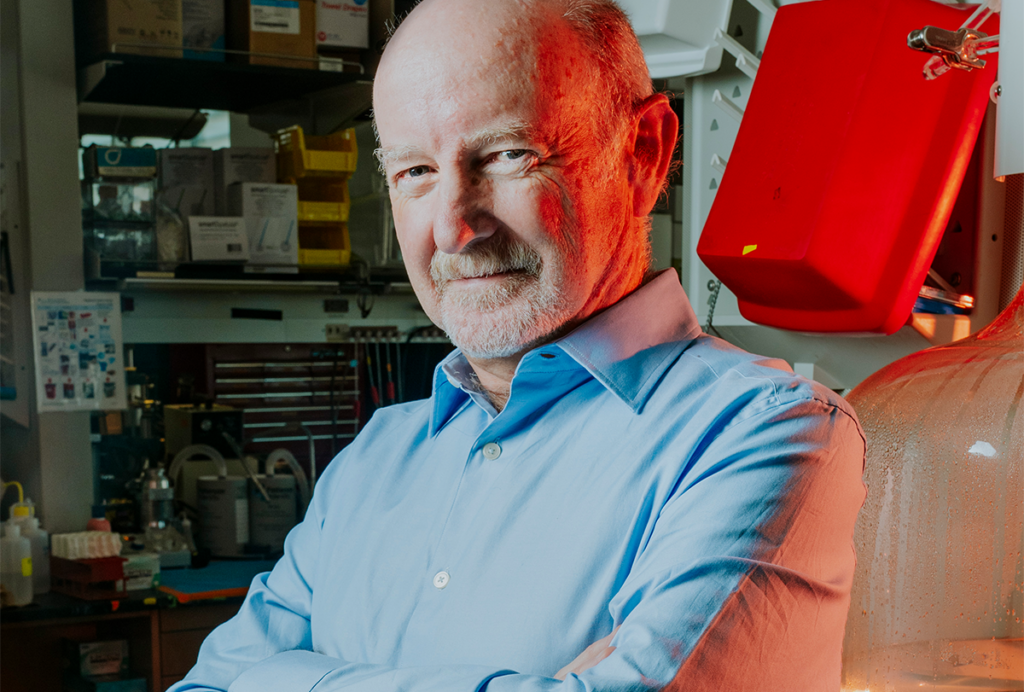
Releasing the Hydra with Rafael Yuste
Losing HHMI Investigator status caused Yuste to study neural networks in a new way.
Coding error caused layoffs at National Institute of Neurological Disorders and Stroke this week, source says
Thirty employees—including 11 lab heads—at the institute should “immediately return to work,” according to an email the institute’s Office of Human Resources sent to top administration at the institute Wednesday evening.
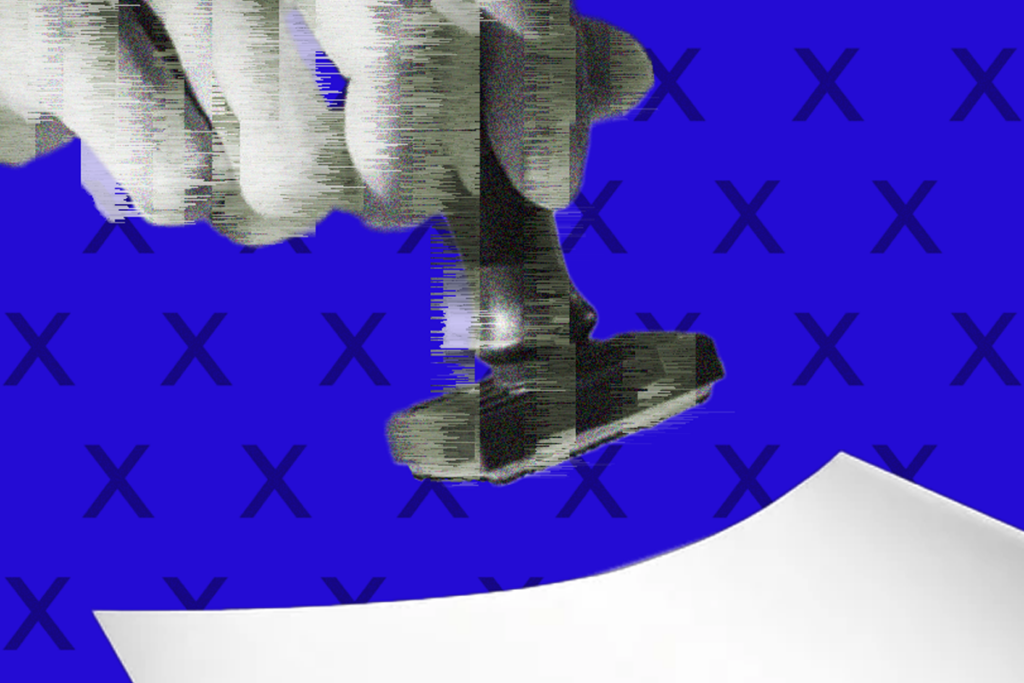
Coding error caused layoffs at National Institute of Neurological Disorders and Stroke this week, source says
Thirty employees—including 11 lab heads—at the institute should “immediately return to work,” according to an email the institute’s Office of Human Resources sent to top administration at the institute Wednesday evening.